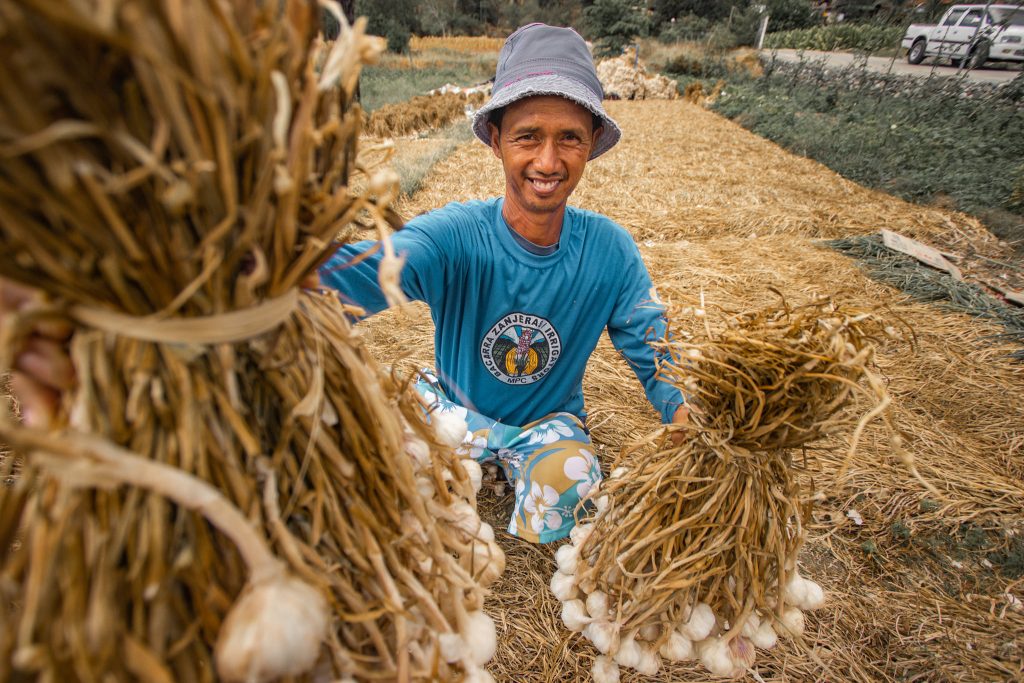Along with the blessing and inauguration of the Crops Research & Development Center that will be held on Friday, May 28, 2021, Sec. William D. Dar will also spearhead the turn-over of garlic tissue culture and virus indexing laboratories to the Department of Agriculture Regional Field Office 1.
Implemented through the University of the Philippines Los Banos Foundation, Inc. (UPLBFI) and with funding support from the Bureau of Plant Industry (BPI), Pangasinan Research Center was selected as a laboratory site for garlic tissue culture.
Garlic production in the whole country is continuously declining due to lack of quality planting materials, inadequate cultural management practices, poor postharvest handling and storage practices, occurrence of various pests and diseases, and the demand for garlic in the domestic and foreign market is continuously growing. But with the virus-free planting materials that will be produced through tissue culturing, garlic production in the region is expected to increase by 40-45%.
With a total operation cost of P5.84 million, the facility is already utilized by the DA and tissue culture laboratory personnel to test garlic varieties used by farmers in the region like Ilocos Pink, Batanes White, Romblon, and more on Ilocos white thereby producing a total of 2,000 virus-free culture bottles with 4-5 plantlets per bottles. 5,700 culture bottles were also found out to be infected with Allexivirus, one of the five viruses infecting garlic in the country.
Considered as high-value crop, garlic is also known as ‘white gold’ in the region. Regardless of the problems met by farmers, Ilocos region sustains its rank as the number 1 top producer of garlic in the country with a total production of 4,8225 MT with an area of 1,986 hectares (PSA, 2019), contributing 66% to the national production.
On the other hand, the virus indexing laboratory project which costs P3.99 million was implemented through the Philippine Agriculture Research and Resources Foundation, Inc. (PARRFI). The fully-equipped laboratory utilizes RT-PCR technology for the detection of viruses. It is also capable of analyzing the presence or absence of various viruses affecting garlic and will also serve as the primary virus indexing laboratory in the region.
Photo credit: Ilocos InfoAce

